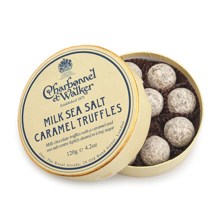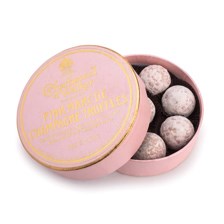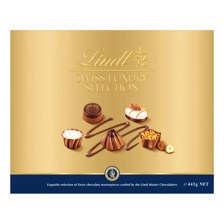The United Kingdom consumes the most chocolate in Europe, according to a survey conducted by market intelligence agency Mintel. The report says that the average UK citizen consumed about 8.4 kg of chocolate in 2017. This was followed by the citizens of the chocolate capital of the world, Switzerland, with 8.3 kg, the Germans with 8.3 kg, the Russians with 6.8 kg, and Austria with 5.3kg. Judging from the data, there is no doubt that chocolate is a sought-after dessert. Here’s why it’s irresistible.
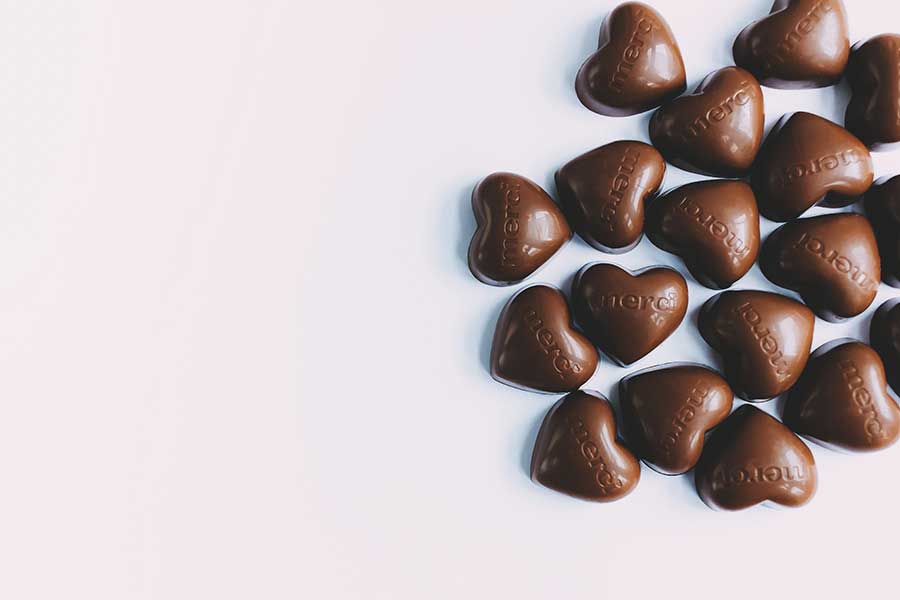
There’s something about chocolate that makes you happier when you eat it. This is because it triggers the release of “dopamine” in your brain. Dopamine is a “neurotransmitter,” a chemical that your brain cells use to transmit signals to other nerve cells. It sends reward signals to parts of your brain when you feel something positive. Dopamine is also released when you laugh or eat other delicious food. And because you feel rewarded every time you eat it, your brain craves more of it. That’s probably why we just can’t turn down a chocolate gift that’s delivered to us.
A lot of us consume chocolate for its sweetness. This is why milk chocolate and caramel blended ones are quite common. Enthusiasts, however, look (or taste) beyond the sugar and other sweeteners. They look for a symphony of flavours that etch into one’s memory. According to food journalist Simran Sethi, the cacao plant can have a caramel, vegetative, nutty, earthy, fruity, spicy, and even floral flavour. Chocolate can have different tastes based on the way it’s prepared. For example, the bitter and nutty flavour that we’re used to is from low fermentation and medium roasted cacao.
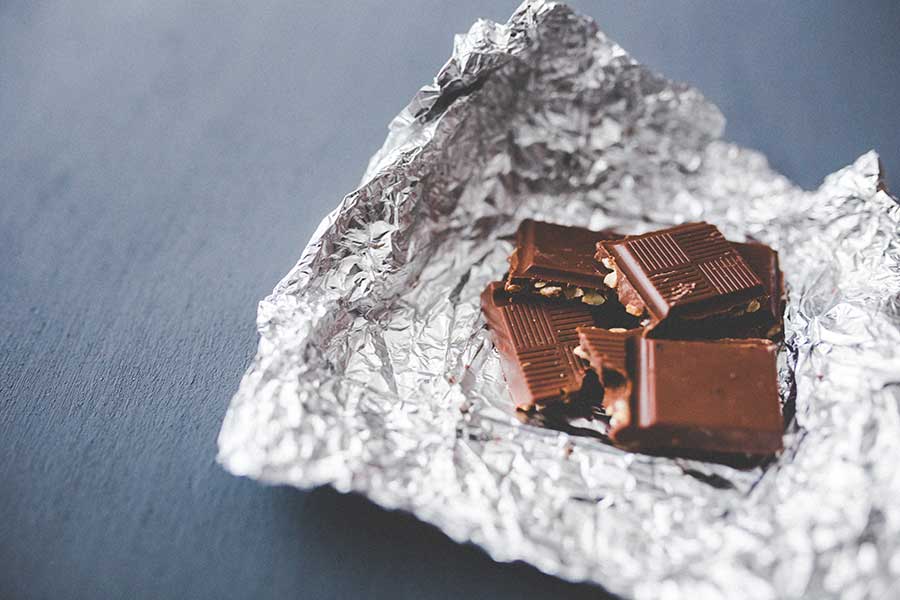
When we consume chocolate, we get a rewarding feeling. This is why we find it hard to have just one bite. Chocolate may trigger brain patterns similar to addiction, a study published in the American Medical Association says. The researchers took brain scans of their 48 volunteers when they were given a chocolate milkshake to see, smell, and drink. The study showed that the participants’ brains showed lesser control over their impulses to consume rewards. It’s important to note, however, that this paper doesn’t conclude that chocolate causes food addiction. It just shows how our mind tends to crave for pleasurable experiences such as eating, and that’s completely normal!
Chocolate, as simple as our memories are about it, has complex flavours that make us desire it more with every bite. But even good things such as this needs moderation. To regulate your consumption, think of chocolate as a treat for special occasions or a way to cheer up when times are rough.
Don’t forget to explore darker types of chocolate, too. They’re associated with improved blood flow and better heart health. When you do get your hands on your favourite chocolate delicacy, eat slowly and enjoy every bite. Before you know it, you’ll have your cravings satisfied without overindulging.
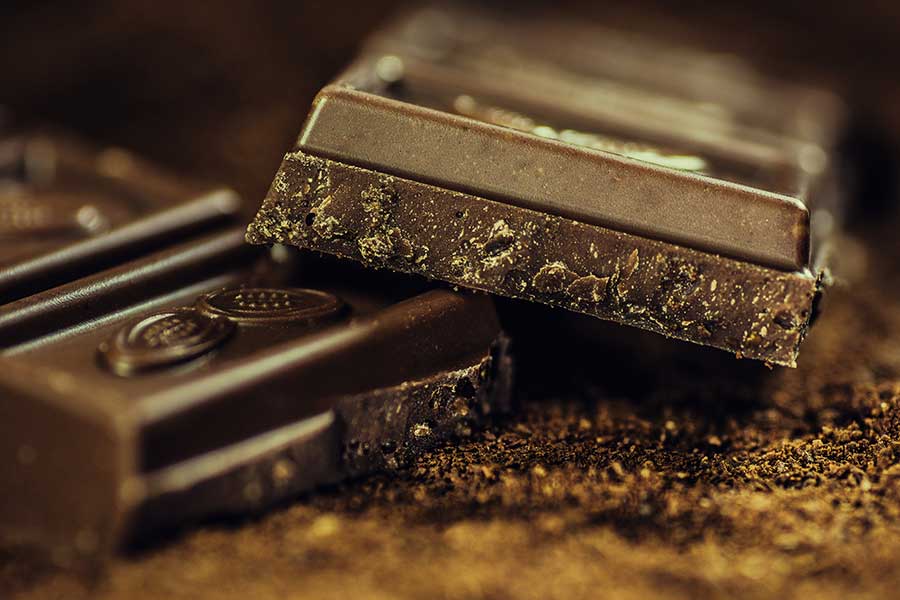
Chocolates are associated with desire and love, which makes them perfect gifts for the special people in our lives. We at Bottled and Boxed have a selection of chocolate gifts that are great for every occasion. With great brands like Charbonnel et Walker, your loved one is sure to enjoy every bite. We deliver worldwide. Visit www.bottledandboxed.com now to place your order.

